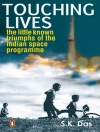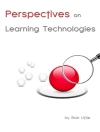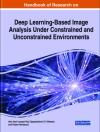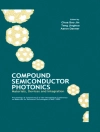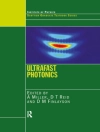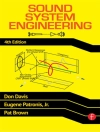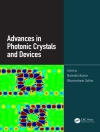This book offers an extensive guide to the most engaging computer and laboratory sessions for teaching manufacturing engineering topics. It serves as a valuable resource for educators in planning their practical coursework. The book comprises 14 chapters covering a wide range of subjects, including design and simulations, various manufacturing processes such as additive manufacturing, injection molding, forming, machining, casting, and non-conventional machining, as well as process monitoring, metrology, and inspection using computed tomography. It also explores the application of methodologies like the design of experiments and machine learning. These contributions enable both lecturers and students to apply manufacturing engineering theory in real-world scenarios, drawing from the best practices developed in engineering institutions worldwide.
İçerik tablosu
Introduction.- Design for sustainability.- Design for additive manufacturing.- Machining using.- Plastic injection simulation.- Conventional machining: turning, drilling or milling.- Non-conventional machining.- Powder metallurgy.- Metal forming.- Finishing processes.- Foundry.- Mechanical fastening.- Adhesive joining.- Welding processes.- Coordinate measuring machines methodologies.- Tolerancing.- Design of experiments.- Machine learning.
Yazar hakkında
Diego Carou holds the position of Associate Professor at the Universidade de Vigo in Spain. He earned his Ph.D. in industrial engineering from the Universidad Nacional de Educación a Distancia (UNED) in 2013. With international postdoctoral experience in manufacturing processes across various European universities, his research interests encompass Industry 4.0, manufacturing, and sustainability.
J. Paulo Davim is a Full Professor at the Universidade de Aveiro, Portugal. He is also distinguished as an honorary professor in several universities/colleges in China, India, and Spain. He has more than 35 years of teaching and research experience in Manufacturing, Materials, Mechanical, and Industrial Engineering, with special emphasis in Machining and Tribology. He has also interest in Management, Engineering Education, and Higher Education for Sustainability.


